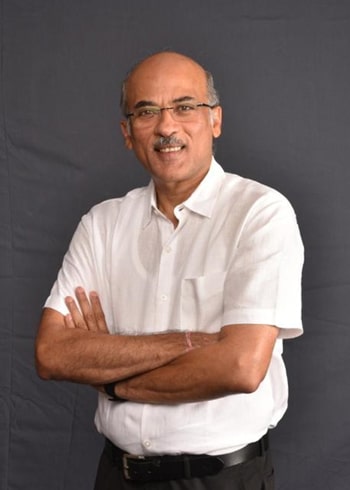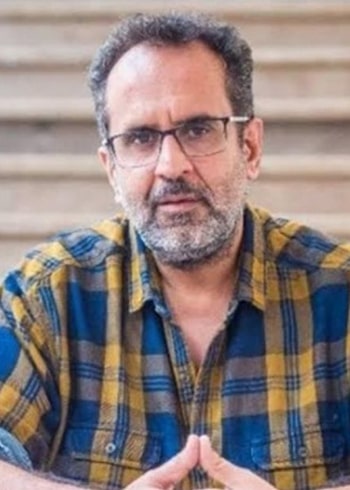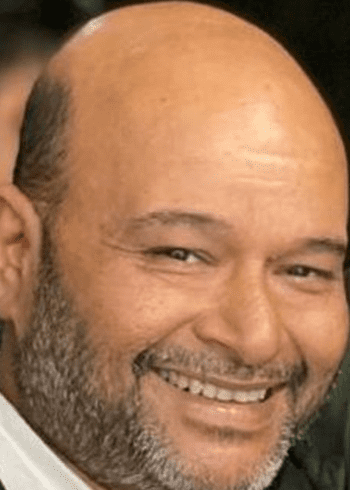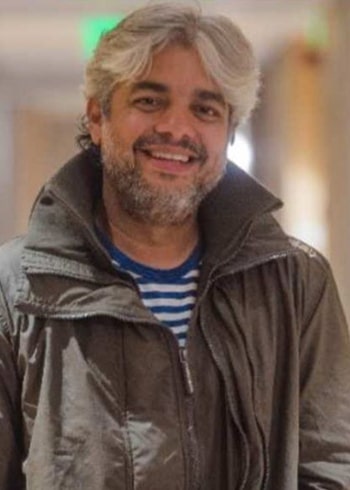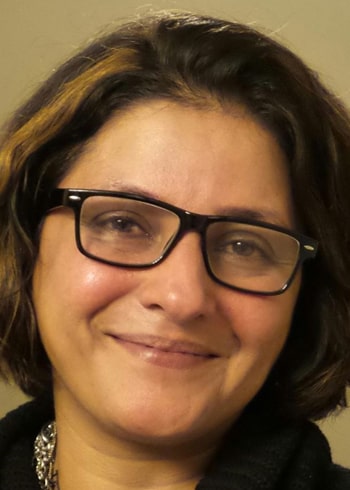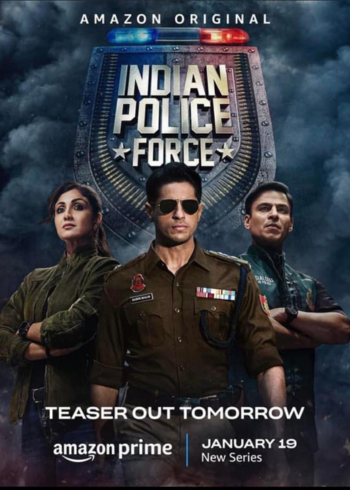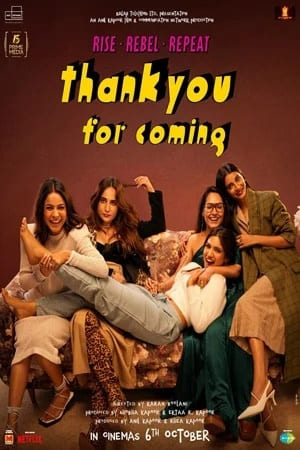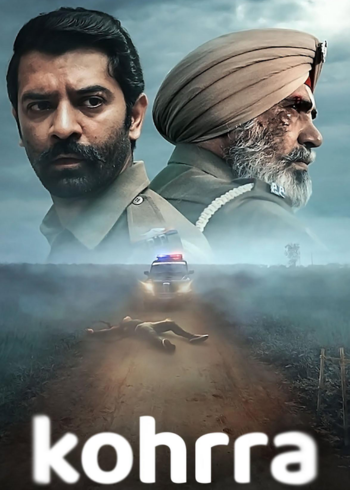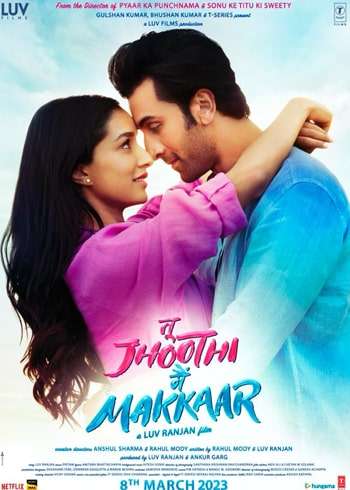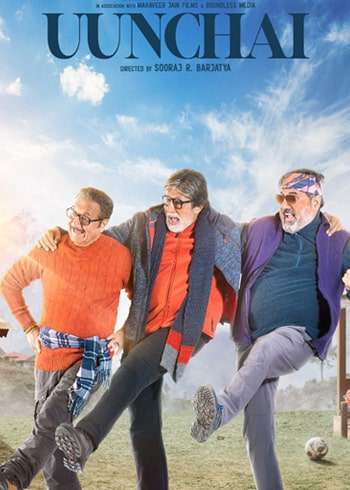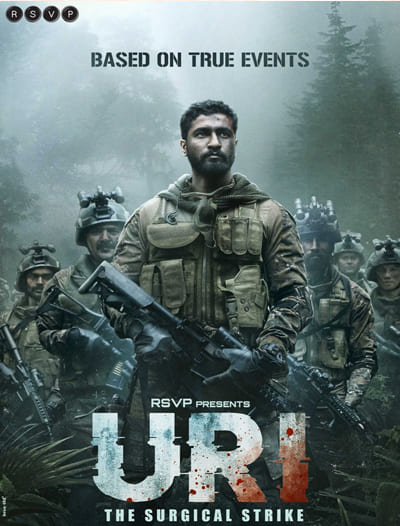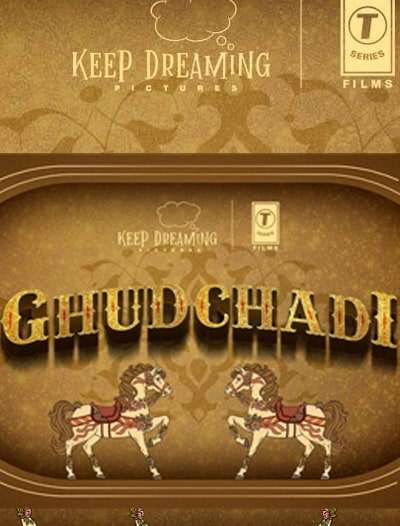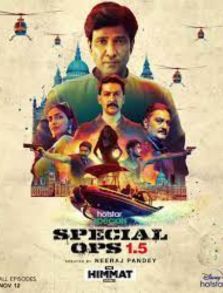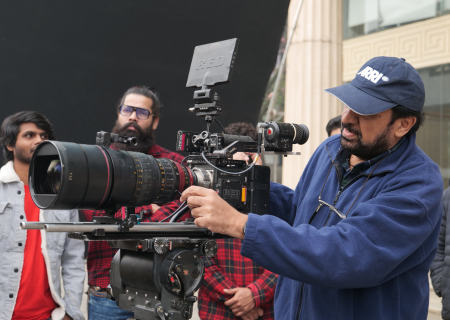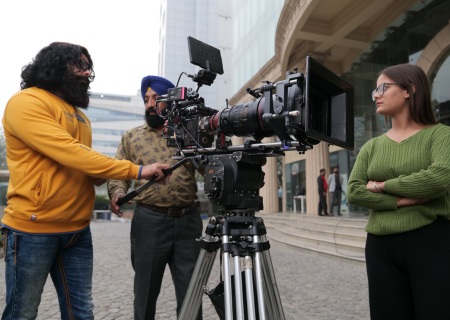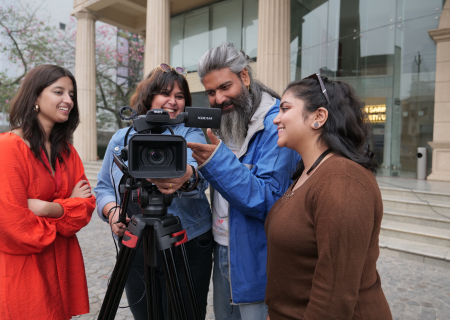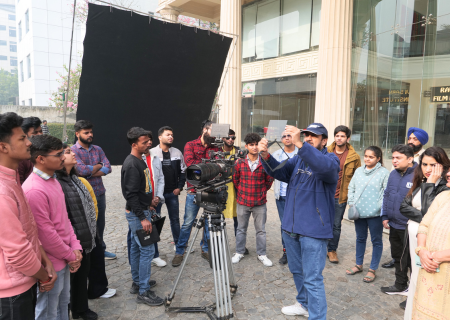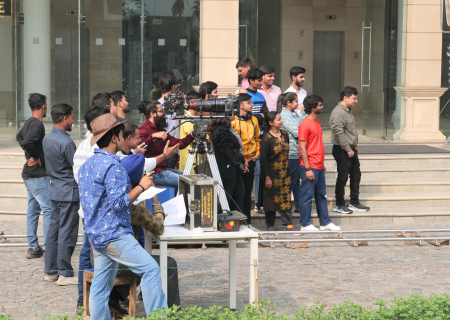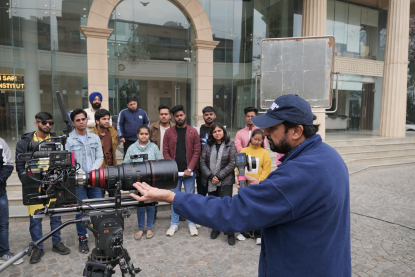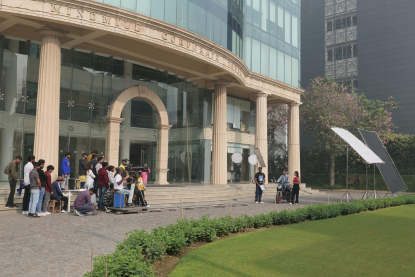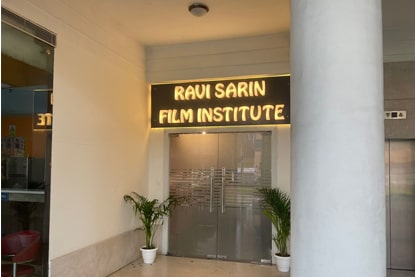M.Sc in Cinema (Specialization In Cinematography)
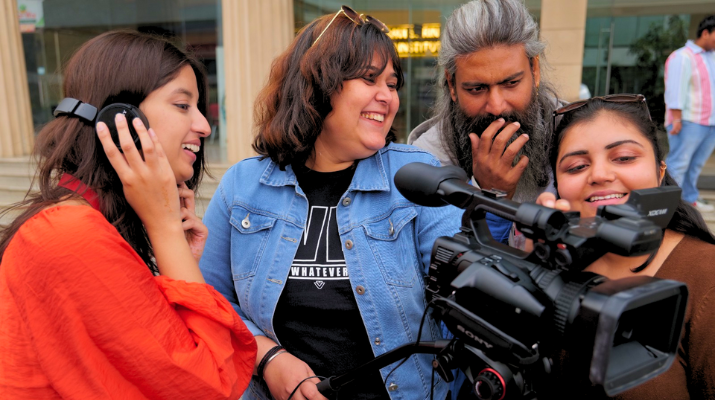
Our Top Recruiters
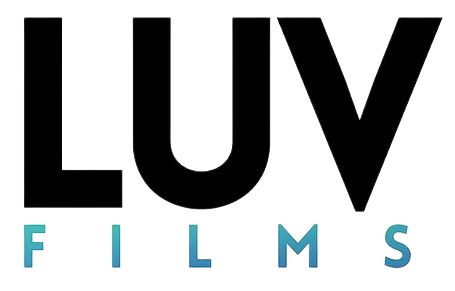
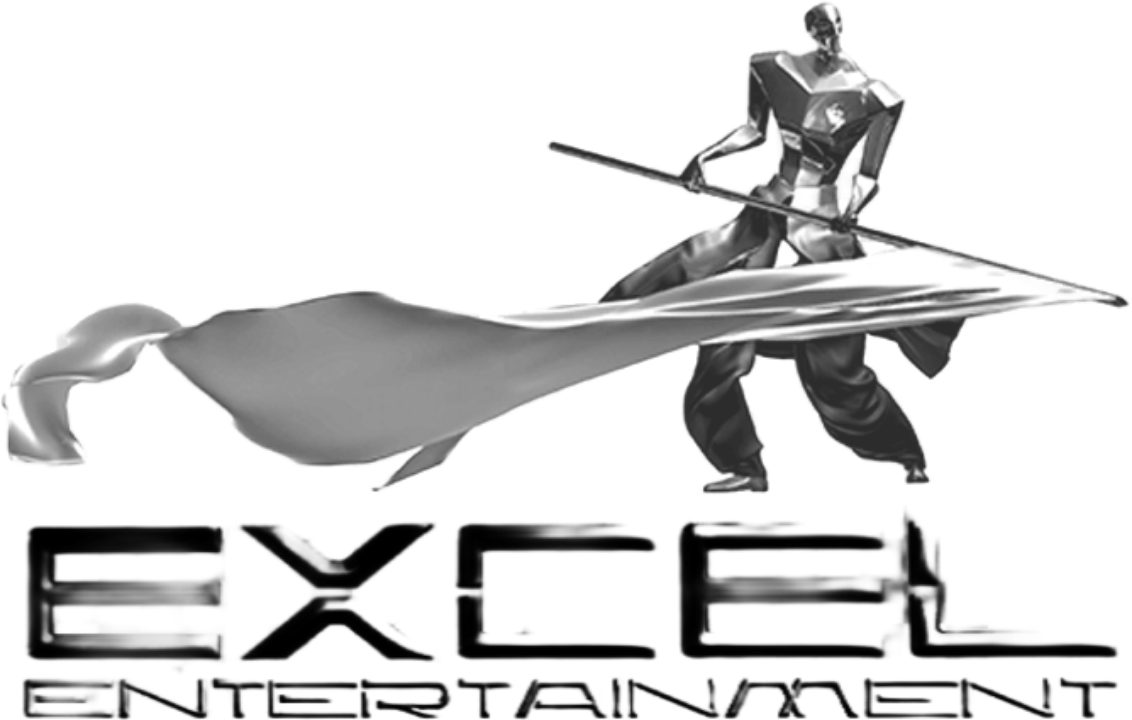
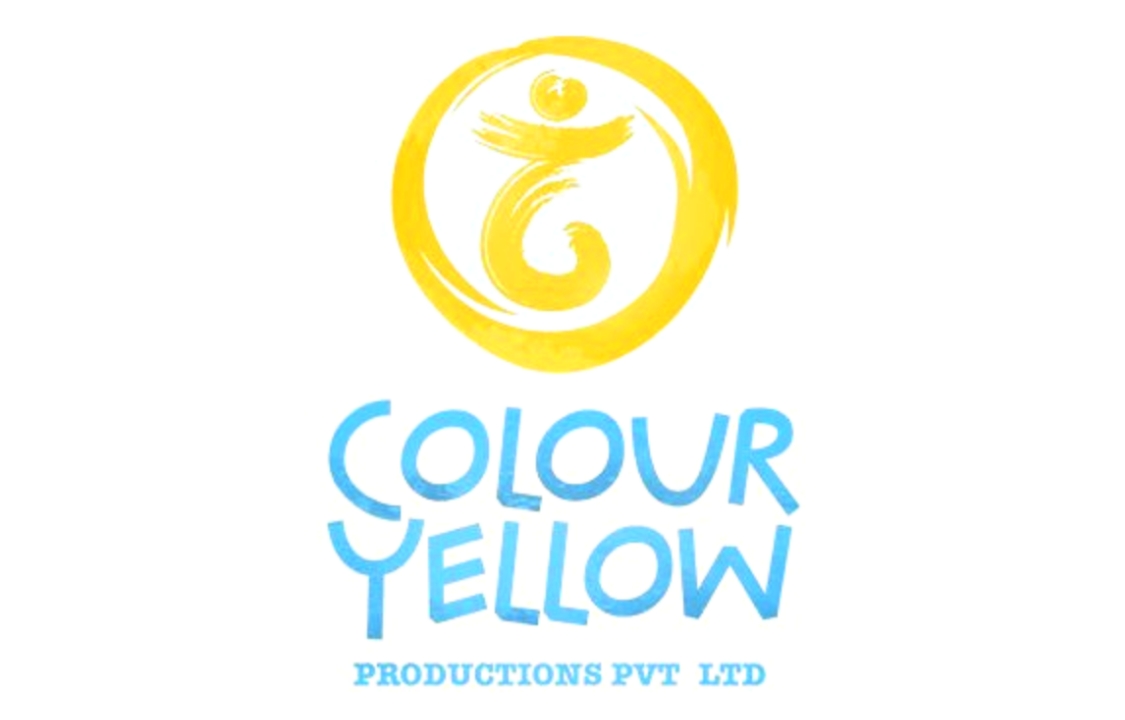



M.Sc in Cinema
(Specialization In Cinematography)
Enhances the Audience Experience" - This content idea could focus
on the impact of cinematography on the audience's cinematic experience.
It could delve into the ways in which composition, lighting, camera
movement, and visual effects contribute to creating
a visually captivating and emotionally engaging film. By analyzing RSFI
specific examples from well-known movies, the post could highlight the
role of the cinematographer in storytelling and evoke a
deeper appreciation for the art of cinematography.
Key Learnings
- Film Dimension, Films for Motion Picture, Motion Picture
Cameras and Shooting Format - Various Camera Tests, Types of Film Cameras,
Types of Digital filmmaking, Special - Technical control over the elements of cinematography,
including exposure, lighting and composition. - Successfully completed a variety of short film projects,
managing each project through the pre-production, production and post-production phases. - Develop an understanding of collaboration between the cinematographer and director.
Course Projects
Our Syllabus
- Getting rid of stage fright, understanding presentation skills, and developing confidence.
- Introduction to the core form and concepts of primitive and early cinema.
- Introduction to still photography and design technology.
- Understanding the importance of different elements like movement, camera, lighting, makeup, sets, props, etc., in the frame's composition.
- Understanding the concepts and fundamental principles involved in screenwriting.
- Exploring the history of the cinema after WW I and WW II.
- Directing and producing various types of montage and music videos.
- Learning about how cinematography and lighting are instrumental in telling a story and projecting the story's mood.
- Learning about the post-production process of filmmaking and TV production involving video and sound editing.
- Optional specialization in Cinematography where you will learn to perform the role of the cinematographer as technician, manager and storyteller.
- Acquiring hands-on skills with grip, electric and camera equipment.
- Learning how these skills can be applied to workflows in pre-production, principle photography and post-production.
The early years of Indian cinema through screening, discussions and reviews.
- Screening, discussions, and reviews of films exploring New Wave in Indian cinema.
- Understanding the importance and significance of costumes and jewelry in the entertainment industry.
- Learning to market and distribute films across the globe and understand the censorship laws applicable.
- Creating a 15-minute short film.
- Specialization showreel
SEMESTER I
- Introduction to Photography
- Camera
- Lighting and Visual Communication
- Various types of photography
- Terminology in Cinematography
- The Shot and How to Frame It
- Camera Angles and Types of shots
- Camera Operation and handling allied Equipment
- Various methods of Camera Movements
- Principles of Lighting
- Set Lighting
SEMESTER II
- Concept of Exposure
- Composition and its Techniques
- Terminologies & Digital Imaging
- Camera Lens & Optics Camera Lens & Optics
- The Third Dimension
- Seven pillars of method acting
- Visual Storytelling
- Camera movements
- Continuity
- Digital Video Techniques
- Film Shooting Techniques
- Types of Cuts and Practical Exercise
SEMESTER III
- Lighting Techniques
- 3-POINT LIGHTING SETUP
- Digital Imaging Techniques
- Set operations
- Practice Basic Scene Lighting of a Film Set
- Shooting for Documentaries- Musical Videos- Short Films
SEMESTER IV
- Having a show reel is not just a tool; it is the most important tool. The show reel is a resume. It is the video where every ounce of the students' efforts has to be put in to show, not only the he things they have filmed, but the versatility of your editing and being able to show different styles
- This will be the final Graduating collaborative group Project, where all the students will be working with each other to complete the project
- Final Diploma Film (Fiction/ Non-Fiction)










